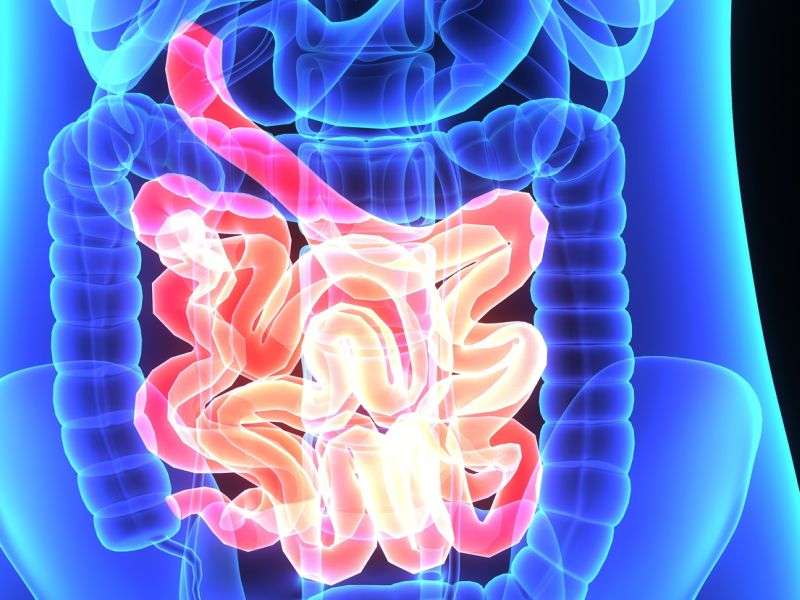(HealthDay)—Colon capsule endoscopy (CCE), especially second-generation CCE (CCE-2), has high sensitivity and specificity for detecting colorectal polyps, according to a review published in the November issue of Clinical Gastroenterology and Hepatology.
Cristiano Spada, M.D., Ph.D., from Fondazione Policlinico Universitario in Rome, and colleagues conducted a systematic review to examine the accuracy of CCE for detecting colorectal polyps. Accuracy values were calculated for polyps, overall and for first-generation (CCE-1) and CCE-2 capsules, using data from 14 studies with 2,420 patients (1,128 for CCE-1 and 1,292 for CCE-2).
The researchers found that the sensitivity of CCE-2 and CCE-1 for detecting polyps >6 mm was 86 and 58 percent, respectively, with corresponding specificity of 88.1 and 85.7 percent. For polyps >10 mm, the sensitivity of CCE-2 and CCE-1 was 87 and 54 percent, respectively, while corresponding specificity was 95.3 and 97.4 percent. All 11 invasive cancers detected by colonoscopy were identified by CCE-2.
"The sensitivity in detection of polyps >6 mm and >10 mm increased substantially between development of first-generation and second-generation colon capsules," the authors write. "High specificity values for detection of polyps by CCE-2 seem to be achievable with a 10-mm cut-off and in a screening setting."
Several authors disclosed financial ties to medical technology companies, including Medtronic, which funded the study.
More information: Full Text
Journal information: Clinical Gastroenterology and Hepatology
Copyright © 2016 HealthDay. All rights reserved.





















